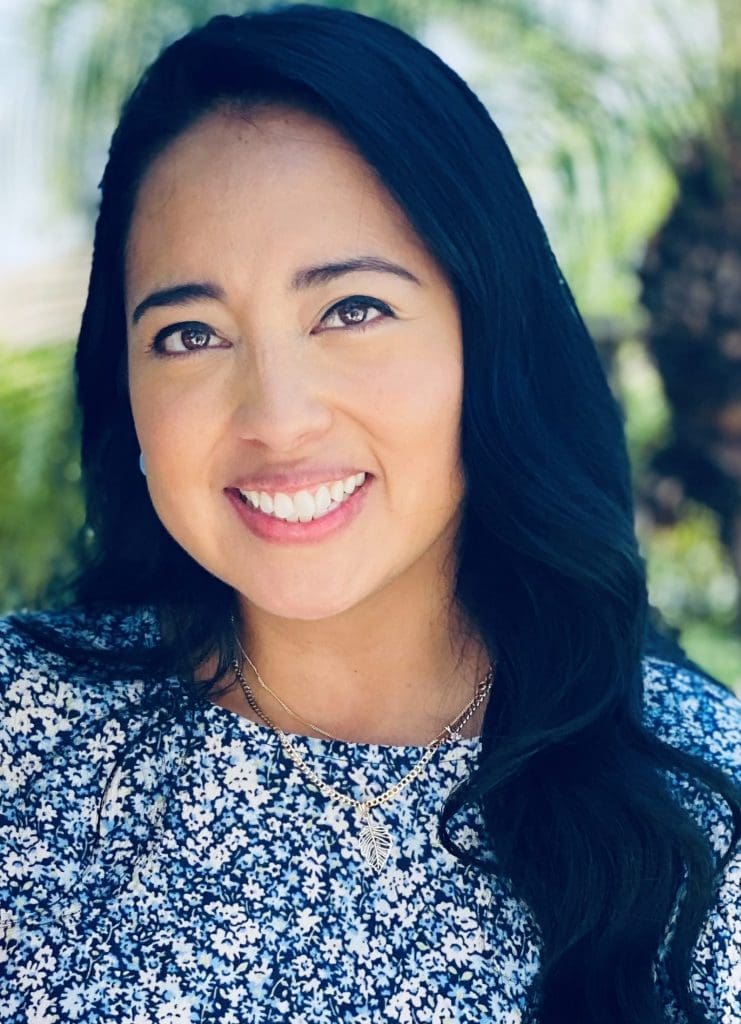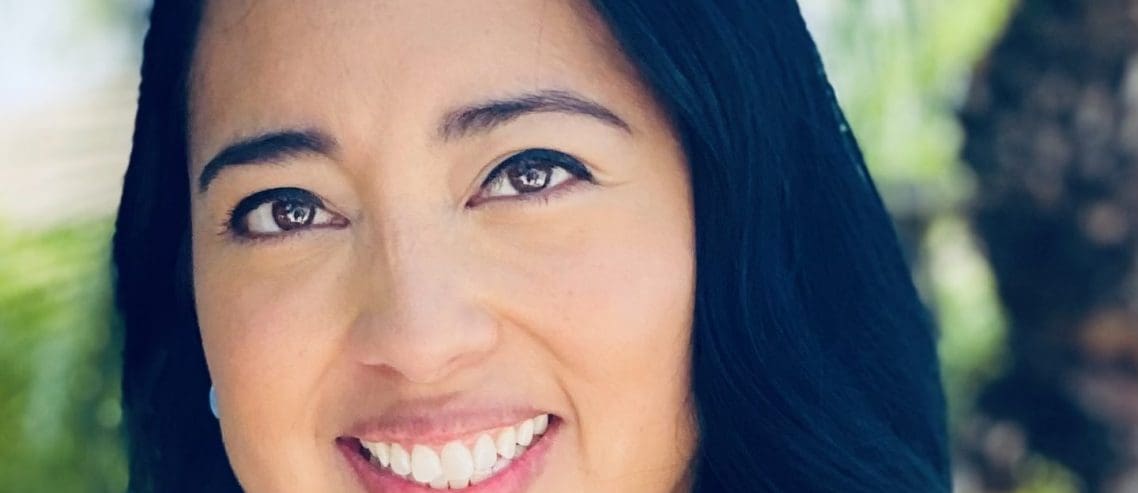Recovering Out Loud
Recovering out loud is something that has not always come easy to me. I grew up in a Hispanic culture that turned a blind eye and thought my problematic use was just a phase that I could snap out of. It was a culture that took pride in appearance and social status. It took me a long time to come to terms with it myself, that I was a person with a substance use disorder because it was not something that was really not discussed in my household. I remember feeling ashamed and embarrassed of the path I was on and the mistakes that I made. I remember feeling alone and hidden behind this image that I was expected to be a strong Spanish woman that had her life together like all the women before me. I had no idea at that time what recovery truly meant to me.

Everyone that knows me knows I am an in recovery and I wouldn’t have it any other way. Those same people also know everything I have been through and everything I have done to fight to live and get well. I was taught from the very beginning that recovery should always come first and for me it has. The life I live today is beyond my wildest dreams. Being An “addict” is one part of my story and but my story goes on. Recovery is my journey, my story and my life.
What are some ways you can recover out loud?
- Seek education around how to advocate for recovery but honor your anonymity if you are in certain recovery fellowships. (Yes there is a way to do it and not break “traditions.”
- Volunteer at a state run or publicly funded recovery community organization or recovery center.
- Write an article about your recovery story, for a newspaper or a blog in your local community.
- Reach out to your local and state political representatives and talk to them about the current policies that support people with substance use disorders and advocate for improved funding for those without.
- Welcome recovery housing, treatment centers and recovery community organizations in your own neighborhood.
- Become educated around how the way you talk about your substance use disorder/recovery and the language you use and how they can serve to lessen stigma or increase stigma around the disorder.
- Examine and address your own personal biases as it relates to others paths of recovery that don’t necessarily match yours. Talk to someone who has a different recovery path and learn why it’s helpful for them.
- If you don’t want to totally recover out loud or if there is a reason that you shouldn’t, like your employment, try just telling one other person your story, who you think may benefit from hearing it.
The bottom line is it’s important for you to make it about how out loud you are with your recovery, it’s a personal choice. But your willingness to share about it may lead you to an opportunity to save a life.




